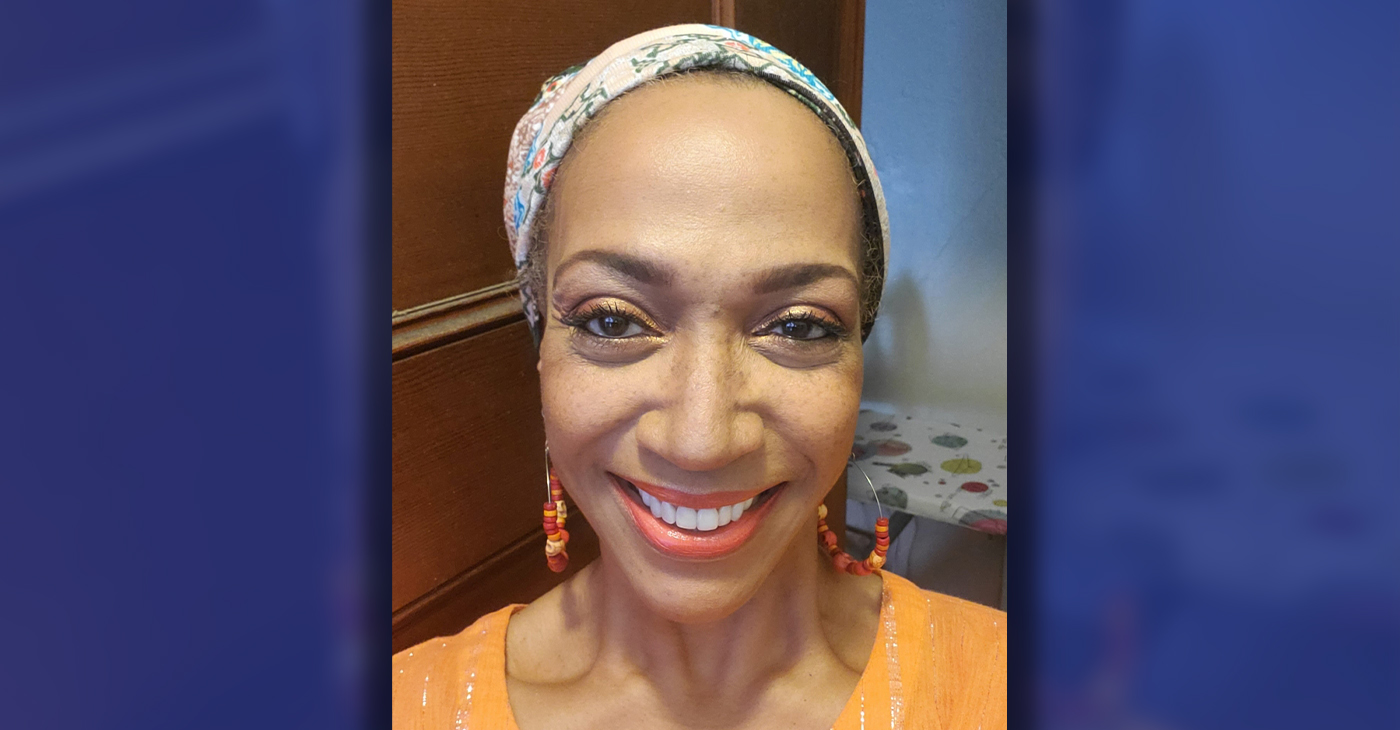Featured
One Goal For Sunday, Just Win
London, England – There was a time when an eight and eight record would get you fired. Since then things have changed for the worse. Former owner Al Davis passed away almost three years ago, his son (Mark Davis) whose less of a daredevil than his father has kept his coaching staff in place despite two losing seasons. The senior Davis hated to lose and found ways to win especially if it meant handing out pink slips.
The past two years, the Raiders have gone 4-12. A far cry from the 8-8- seasons that led the former owner to fire his head coaches. Oakland is looking for win number one before heading into the bye week. Head coach, Dennis Allen is confident about his job security and that the Raiders will win just as he does every week.
“I’ve always felt confident that this team can win football games,” said Allen. “But we’ve got to be able to go out there and do it on Sunday. We get another opportunity this Sunday against Miami. We’ll go out and put forth our best effort and see if that’s good enough to win.”
Is it time to panic in week four? Absolutely. Oakland traveled across the pond after their loss to the Patriots last week to prepare for the Dolphins this Sunday. Miami comes in with a 1-2 record. The match-up should be good since both teams are almost equal in stats except for the Dolphins rushing yards which is considerably less than the Raiders.
“We’ve always felt together as a team, we just weren’t winning,” Safety Charles Woodson said. “Just as any team we’re trying to build that mentality going into a game expecting to win. The importance was not to go 0-1. Nobody around here wants to be 0-4, so we understand the importance of this being just another road game.”
Woodson was not shy with his comments after week two’s loss. He basically said, “We’re not good”. A harsh reality coming from a veteran whose played with the best and worst during his playing career. Oakland’s defense flatlined in the first two games but made some crucial stops and held New England three times on first and goal. A vast improvement from their first two games. The Raiders offense struggles with the red zone yet quarterback Derek Carr continues to find ways to move the offense.
“Our game plan was simplified,” Woodson said. “We knew exactly what to do and when that happens, guys fly around knowing what’s expected of them. It showed in the film, guys were where they were supposed to be and that’s why we had a chance in the end.”
Carr found an open Denarius Moore who was unable to catch Carr’s shotgun pass on fourth down. That ended the game. Oakland walked away with a good effort and loss number three. Today’s practice at Pennyhill Park, the team seemed upbeat and ready to get back on the field to compete. The time away from the U.S. has given the players a chance to bond more.
“I think anytime you get a chance to get away and keep your team (for lack of a better word), sequestered in a small area. They spend a lot of time together, it’s good for those guys to get together and bond,” Allen said. “And hopefully it’ll help produce wins.”
Activism
Books for Ghana
We effectively facilitated cross-continent community building! We met the call and provided 400 books for ASC’s students at the call of the Minister of Education. We supported the work of a new African writer whose breakout novel is an action-packed depiction of a young woman steeped in Ghanaian culture who travels to the USA for college, all the while experiencing the twists, turns, and uncertainties that life brings.

By Min. Rauna Thurston, Chief Mpuntuhene Afua Ewusiwa I
My travels to Afrika began in June 2022, on a tour led by Prof. Manu Ampim, Director of the organization Advancing The Research. I was scheduled to become an ordained Minister by Wo’se Community of the Sacred African Way. It was vital that my feet touch the soil of Kemet and my spirit connect with the continent’s people before ordination.
Since 2022, I’ve made six trips to Afrika. During my travels, I became a benefactor to Abeadze State College (ASC) in Abeadze Dominase, Ghana, originally founded by Daasebre Kwebu Ewusi VII, Paramount Chief of Abeadze Traditional Area and now run by the government. The students there were having trouble with English courses, which are mandatory. The Ghanaian Minister of Education endorsed a novel written by 18-year-old female Ghanaian first-time writer, Nhyira Esaaba Essel, titled Black Queen Sceptre. The idea was that if the students had something more interesting to read, it would evoke a passion for reading; this seemed reasonable to me. Offer students something exciting and imaginative, combined with instructors committed to their success and this could work.
The challenge is how to acquire 800 books?!
I was finishing another project for ASC, so my cash was thin and I was devoid of time to apply for annual grants. I sat on my porch in West Oakland, as I often do, when I’m feeling for and connecting to my ancestors. On quiet nights, I reminisce about the neighborhood I grew up in. Across the street from my house was the house that my Godfather, Baba Dr. Wade Nobles and family lived in, which later became The Institute for the Advanced Study of Black Family Life & Culture (IASBFLC). Then, it came to me…ancestors invited me to reach out to The Association of Black Psychologists – Bay Area Chapter (ABPsi-Bay Area)! It was a long shot but worth it!
I was granted an audience with the local ABPsi Board, who ultimately approved funding for the book project with a stipulation that the Board read the book and a request to subsequently offer input as to how the book would be implemented at ASC. In this moment, my memory jet set to my first ABPsi convention around 2002, while working for IASBFLC. Returning to the present, I thought, “They like to think because it feels good, and then, they talk about what to do about what they think about.” I’m doomed.
However, I came to understand why reading the book and offering suggestions for implementation were essential. In short: ABPsi is an organization that operates from the aspirational principles of Ma’at with aims of liberating the Afrikan Mind, empowering the Afrikan character, and enlivening: illuminating the Afrikan spirit. Their request resulted in a rollout of 400 books in a pair-share system. Students checked out books in pairs, thereby reducing our bottom line to half of the original cost because we purchased 50% fewer units. This nuance promoted an environment of Ujima (collective work & responsibility) and traditional Afrikan principles of cooperation and interdependence. The student’s collaborative approach encouraged shared responsibility, not only for the physical book but for each other’s success. This concept was Dr. Lawford Goddard’s, approved by the Board, with Dr. Patricia “Karabo” Nunley at the helm.
We effectively facilitated cross-continent community building! We met the call and provided 400 books for ASC’s students at the call of the Minister of Education. We supported the work of a new African writer whose breakout novel is an action-packed depiction of a young woman steeped in Ghanaian culture who travels to the USA for college, all the while experiencing the twists, turns, and uncertainties that life brings. (A collectible novel for all ages). A proposed future phase of this collaborative project is for ASC students to exchange reflective essays on Black Queen Sceptre with ABPsi Bay Area members.
We got into good trouble. To order Black Queen Sceptre, email esselewurama14@gmail.com.
I became an ordained Minister upon returning from my initial pilgrimage to Afrika. Who would have imagined that my travels to Afrika would culminate in me becoming a citizen of Sierra Leone and recently being named a Chief Mpuntuhene under Daasebre Kwebu Ewusi VII, Paramount Chief of Abeadze Traditional Area in Ghana, where I envision continued collaborations.
Min. Rauna/Chief Mpuntuhene is a member of ABPsi Bay Area, a healing resource committed to providing the Post Newspaper readership with monthly discussions about critical issues in Black Mental Health, Wealth & Wellness. Readers are welcome to join us at our monthly chapter meetings every 3rd Saturday via Zoom and contact us at bayareaabpsi@gmail.com.
Arts and Culture
In ‘Affrilachia: Testimonies,’ Puts Blacks in Appalacia on the Map

By Terri Schlichenmeyer
The Bookworm Sez
An average oak tree is bigger around than two people together can reach.
That mighty tree starts out with an acorn the size of a nickel, ultimately growing to some 80 feet tall, with a canopy of a hundred feet or more across.
And like the new book, “Affrilachia” by Chris Aluka Berry (with Kelly Elaine Navies and Maia A. Surdam), its roots spread wide and wider.
Affriclachia is a term a Kentucky poet coined in the 1990s referring to the Black communities in Appalachia who are similarly referred to as Affrilachians.
In 2016, “on a foggy Sunday morning in March,” Berry visited Affrilachia for the first time by going the Mount Zion AME Zion Church in Cullowhee, North Carolina. The congregation was tiny; just a handful of people were there that day, but a pair of siblings stood out to him.
According to Berry, Ann Rogers and Mae Louise Allen lived on opposite sides of town, and neither had a driver’s license. He surmised that church was the only time the elderly sisters were together then, but their devotion to one another was clear.
As the service ended, he asked Allen if he could visit her. Was she willing to talk about her life in the Appalachians, her parents, her town?
She was, and arrangements were made, but before Barry could get back to Cullowhee, he learned that Allen had died. Saddened, he wondered how many stories are lost each day in mountain communities where African Americans have lived for more than a century.
“I couldn’t make photographs of the past,” he says, “but I could document the people and places living now.”
In doing so he also offers photographs that he collected from people he met in ‘Affrilachia,’ in North Carolina, Georgia, Kentucky, and Tennessee, at a rustic “camp” that was likely created by enslaved people, at churches, and in modest houses along highways.
The people he interviewed recalled family tales and community stories of support, hardship, and home.
Says coauthor Navies, “These images shout without making a sound.”
If it’s true what they say about a picture being worth 1,000 words, then “Affrilachia,” as packed with photos as it is, is worth a million.
With that in mind, there’s not a lot of narrative inside this book, just a few poems, a small number of very brief interviews, a handful of memories passed down, and some background stories from author Berry and his co-authors. The tales are interesting but scant.
For most readers, though, that lack of narrative isn’t going to matter much. The photographs are the reason why you’d have this book.
Here are pictures of life as it was 50 years or a century ago: group photos, pictures taken of proud moments, worn pews, and happy children. Some of the modern pictures may make you wonder why they’re included, but they set a tone and tell a tale.
This is the kind of book you’ll take off the shelf, and notice something different every time you do. “Affrilachia” doesn’t contain a lot of words, but it’s a good choice when it’s time to branch out in your reading.
“Affrilachia: Testimonies,” by Chris Aluka Berry with Kelly Elaine Navies and Maia A. Surdam
c.2024, University of Kentucky Press, $50.00.
Black History
Alice Parker: The Innovator Behind the Modern Gas Furnace
Born in Morristown, New Jersey, in 1895, Alice Parker lived during a time when women, especially African American women, faced significant social and systemic barriers. Despite these challenges, her contributions to home heating technology have had a lasting impact.

By Tamara Shiloh
Alice Parker was a trailblazing African American inventor whose innovative ideas forever changed how we heat our homes.
Born in Morristown, New Jersey, in 1895, Parker lived during a time when women, especially African American women, faced significant social and systemic barriers. Despite these challenges, her contributions to home heating technology have had a lasting impact.
Parker grew up in New Jersey, where winters could be brutally cold. Although little is documented about her personal life, her education played a crucial role in shaping her inventive spirit. She attended Howard University, a historically Black university in Washington, D.C., where she may have developed her interest in practical solutions to everyday challenges.
Before Parker’s invention, most homes were heated using wood or coal-burning stoves. These methods were labor-intensive, inefficient, and posed fire hazards. Furthermore, they failed to provide even heating throughout a home, leaving many rooms cold while others were uncomfortably warm.
Parker recognized the inefficiency of these heating methods and imagined a solution that would make homes more comfortable and energy-efficient during winter.
In 1919, she patented her design for a gas-powered central heating system, a groundbreaking invention. Her design used natural gas as a fuel source to distribute heat throughout a building, replacing the need for wood or coal. The system allowed for thermostatic control, enabling homeowners to regulate the temperature in their homes efficiently.
What made her invention particularly innovative was its use of ductwork, which channeled warm air to different parts of the house. This concept is a precursor to the modern central heating systems we use today.
While Parker’s design was never fully developed or mass-produced during her lifetime, her idea laid the groundwork for modern central heating systems. Her invention was ahead of its time and highlighted the potential of natural gas as a cleaner, more efficient alternative to traditional heating methods.
Parker’s patent is remarkable not only for its technical innovation but also because it was granted at a time when African Americans and women faced severe limitations in accessing patent protections and recognition for their work. Her success as an inventor during this period is a testament to her ingenuity and determination.
Parker’s legacy lives on in numerous awards and grants – most noticeably in the annual Alice H. Parker Women Leaders in Innovation Award. That distinction is given out by the New Jersey Chamber of Commerce to celebrate outstanding women innovators in Parker’s home state.
The details of Parker’s later years are as sketchy as the ones about her early life. The specific date of her death, along with the cause, are also largely unknown.
-

 California Black Media4 weeks ago
California Black Media4 weeks agoCalifornia to Offer $43.7 Million in Federal Grants to Combat Hate Crimes
-

 Black History4 weeks ago
Black History4 weeks agoEmeline King: A Trailblazer in the Automotive Industry
-

 California Black Media4 weeks ago
California Black Media4 weeks agoGov. Newsom Goes to Washington to Advocate for California Priorities
-

 California Black Media4 weeks ago
California Black Media4 weeks agoCalifornia Department of Aging Offers Free Resources for Family Caregivers in November
-

 Activism3 weeks ago
Activism3 weeks agoOakland Post: Week of November 27 – December 3, 2024
-

 Activism4 weeks ago
Activism4 weeks agoOCCUR Hosts “Faith Forward” Conference in Oakland
-

 Activism4 weeks ago
Activism4 weeks agoRichmond Seniors Still Having a Ball After 25 Years
-

 Activism2 weeks ago
Activism2 weeks agoButler, Lee Celebrate Passage of Bill to Honor Congresswoman Shirley Chisholm with Congressional Gold Medal




















































